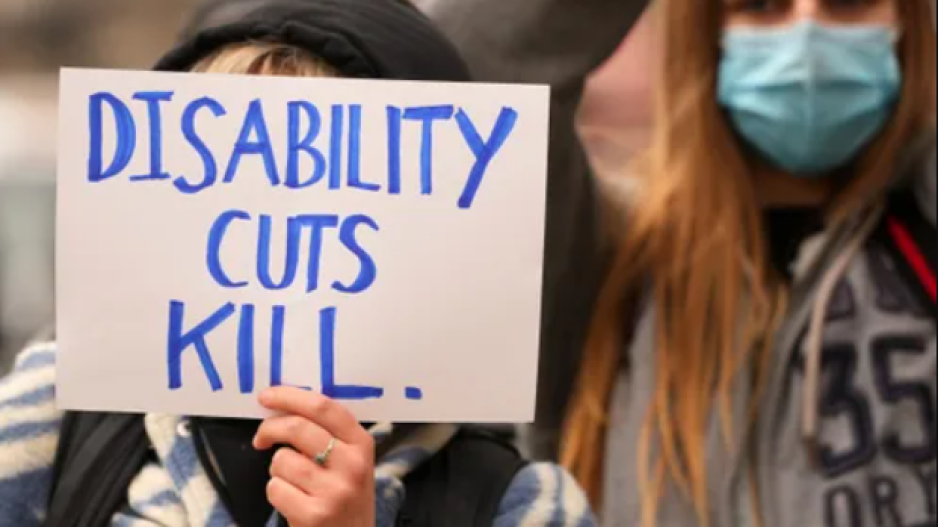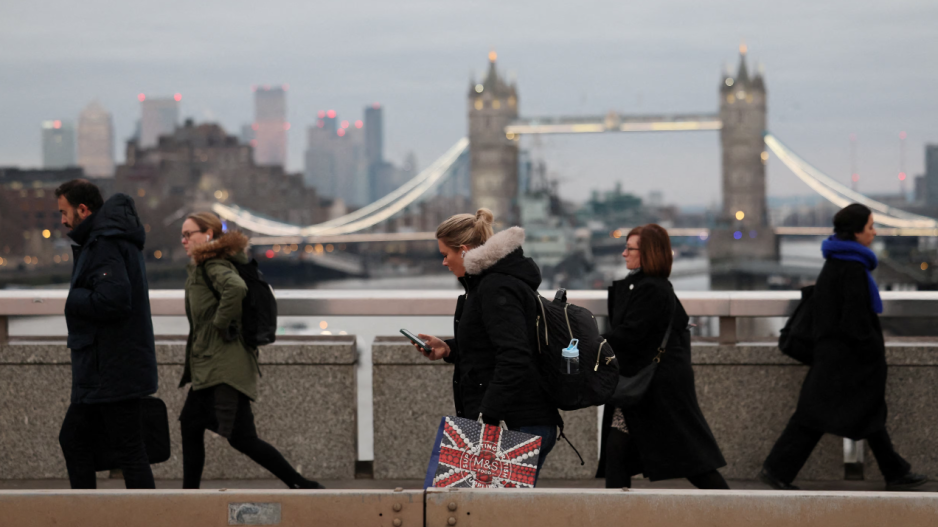UK Welfare Cuts to Push 250,000 into Relative Poverty by 2030
Labour Government Plans £4.8 Billion in Benefit Reductions Over Five Years, Affecting Disabled and Long-Term Ill Individuals
The welfare cuts announced by the UK Government on Wednesday are expected to push 250,000 people into relative poverty by the end of the decade and leave millions of families with reduced incomes, according to official government estimates.
However, the Government stated that these estimates do not account for newly introduced policies aimed at supporting people with disabilities and long-term health conditions in finding employment, which could help mitigate the poverty impact.
As part of her semiannual budget update to Parliament, Finance Minister Rachel Reeves confirmed that the Labour Government will reduce social welfare payments— including support for people with illnesses and disabilities—by a total of £4.8 billion over the next five years.
“We are confident that the changes we are making, and the support we are providing to help people enter the workforce, will lead to more people having fulfilling careers and earning decent wages... That is the best way to lift families out of poverty,” Reeves said during a press briefing.

The Government reported that one in ten working-age adults is currently receiving a sickness or disability benefit.
According to its impact assessment, of the 250,000 people projected to fall into relative poverty due to the reforms, 50,000 will be children.
Relative poverty is defined by the Government as households with income below 60% of the national median, adjusted for housing costs. The Government also estimated that under the proposed plan, 800,000 people will lose access to the "daily living component"—a financial allowance currently received by 3.6 million people with health conditions and disabilities in the UK—by the 2029–30 fiscal year.
While the Government stated it would continue supporting people with long-term health conditions through this benefit, it added that the reforms would "make the system more targeted and sustainable, ensuring the safety net remains for those who need it most."
A YouGov poll conducted this month showed that 68% of Britons believe the country’s welfare system is functioning poorly and needs reform.
The Government's estimates suggest that by the end of the decade, 3.2 million families—both current and future recipients—will receive disability-related benefits and will face an average annual income loss of £1,720.






